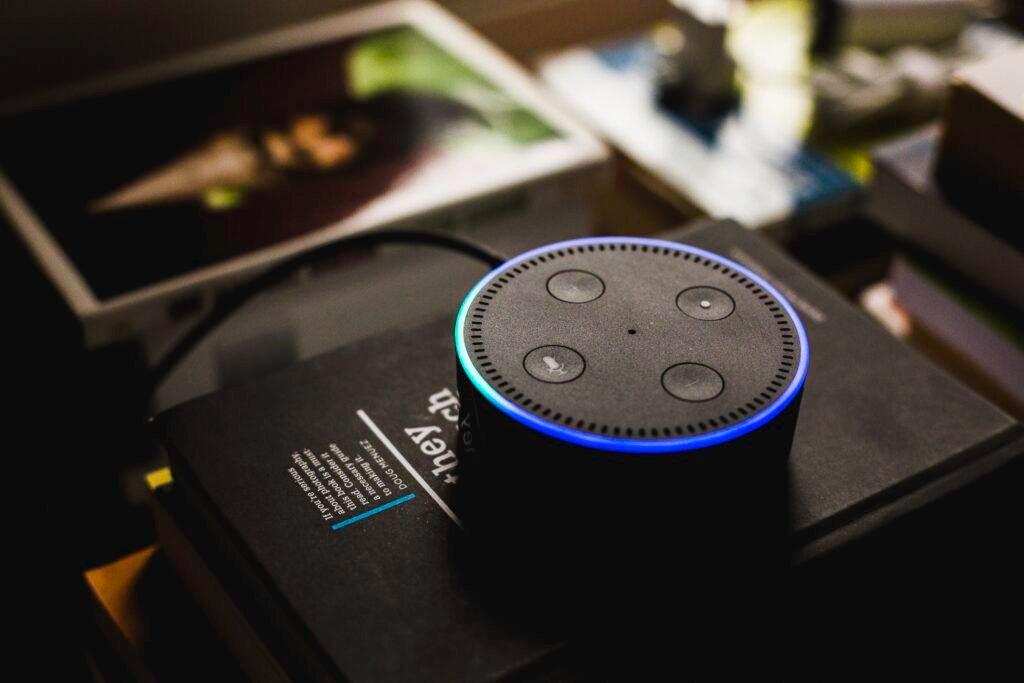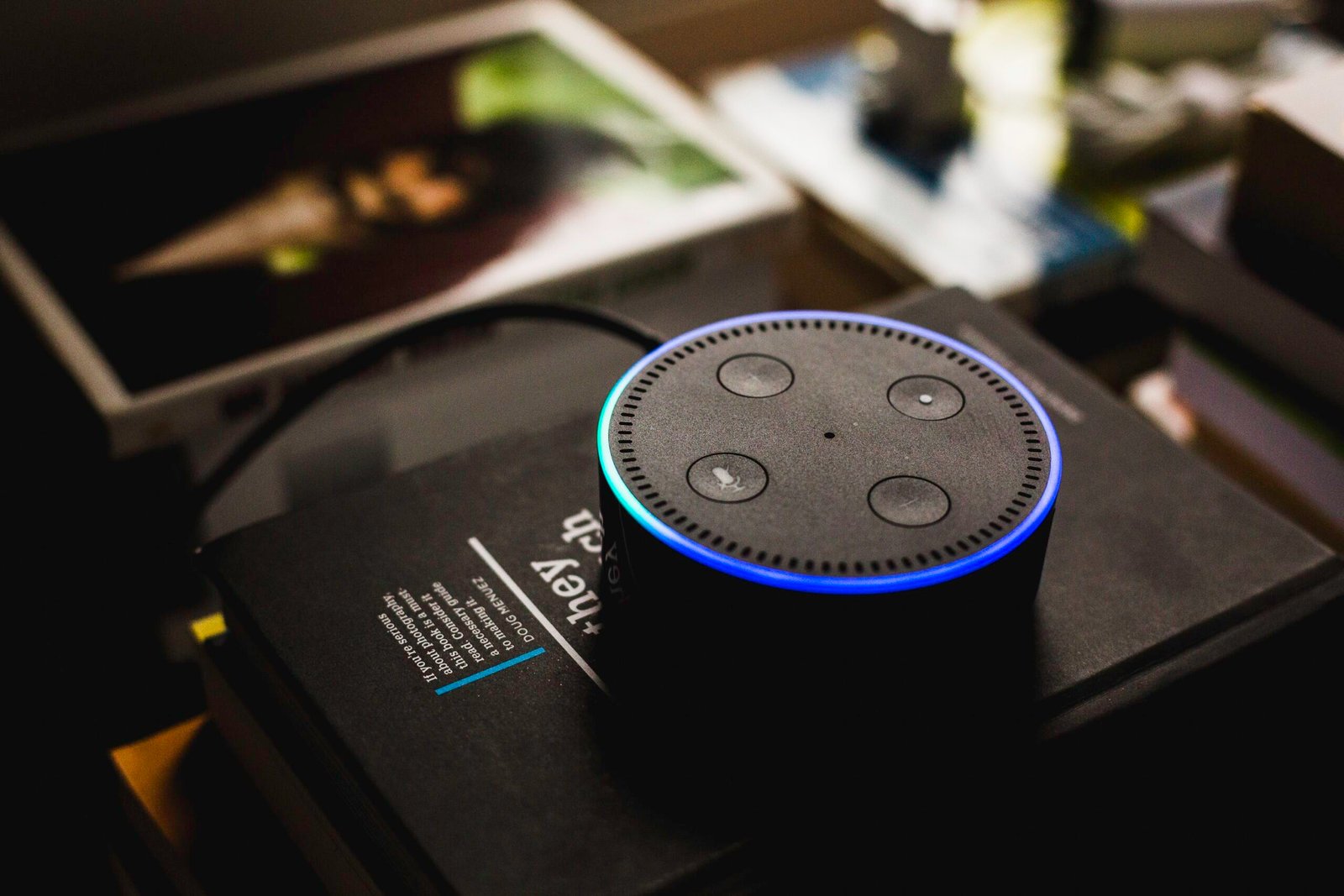Imagine having a voice-activated assistant at your beck and call, ready to fulfill your every request. With its uncanny ability to understand your commands and respond efficiently, it’s no surprise that Alexa has become a household name. But have you ever wondered, is Alexa truly artificial intelligence? In this article, we will explore the depths of Alexa’s capabilities and unravel the truth behind its classification as AI. Buckle up, because you’re about to discover the fascinating world of Alexa like never before.
Is Alexa Artificial Intelligence?
Understanding Alexa
When you think of Alexa, you might envision a helpful virtual assistant that can play music, answer questions, and even control your smart home devices. But what exactly is Alexa and is she considered to be a form of artificial intelligence? To fully understand the answer to this question, let’s delve deeper into the world of Alexa and explore the concept of artificial intelligence.
Defining Artificial Intelligence
Artificial intelligence, often abbreviated as AI, refers to the development of computer systems that are capable of performing tasks that typically require human intelligence. These tasks may include speech recognition, problem-solving, learning, and decision-making. AI aims to simulate human intelligence through the use of algorithms and complex data analysis.
The Relationship Between Alexa and AI
Now that we have a basic understanding of artificial intelligence, let’s explore how Alexa fits into this fascinating realm. Alexa, at its core, is an AI-powered voice assistant developed by Amazon. It utilizes a range of AI technologies and algorithms to understand and respond to user commands, making it an example of AI in action.
The Capabilities of Alexa as AI
Voice Recognition and Natural Language Processing
One of the key capabilities of Alexa as AI lies in its ability to recognize and interpret human speech. Through advanced voice recognition technology, Alexa can decipher spoken commands and convert them into actionable tasks. This impressive feat is achieved through natural language processing (NLP), a branch of AI that focuses on enabling computers to understand and respond to human language patterns.
Smart Home Integration
Another remarkable aspect of Alexa as AI is its seamless integration with various smart home devices. With Alexa as your virtual assistant, you can control your thermostat, lighting, and even security systems using just your voice. This level of smart home integration showcases the power of AI in creating a connected and convenient living environment.
Information Retrieval and Assistance
Alexa’s prowess as an intelligent assistant shines through in its ability to retrieve information and provide helpful answers to your inquiries. Whether you’re curious about the weather forecast or want to know the capital of a particular country, Alexa can swiftly provide accurate information using a vast network of data sources. This feature demonstrates the immense potential of AI in enhancing our daily lives with instant access to knowledge.

Limitations of Alexa as AI
Lack of General Intelligence
Despite its impressive capabilities, Alexa, like other AI systems, lacks general intelligence. While it excels at specific tasks and has a vast database of information, it does not possess the broad knowledge and comprehensive understanding that humans have. Therefore, there are limitations to the complexity and depth of the responses Alexa can provide.
Limited Understanding and Context
Another limitation of Alexa as AI is its struggle to comprehend certain nuances of language and context. Although it excels in natural language processing, Alexa may occasionally misinterpret or misunderstand ambiguous queries or cultural references. This limitation reflects the ongoing challenges in developing AI systems that can truly understand and adapt to the intricacies of human language.
Privacy and Security Concerns
As with any AI system, there are concerns surrounding privacy and security when it comes to Alexa. Since Alexa is constantly listening for voice commands, there is a potential risk of unintentional data collection and privacy breaches. However, efforts have been made to enhance user privacy by allowing manual control of voice recordings and implementing robust encryption measures.
The Evolution of Alexa’s AI
Early Versions of Alexa
To appreciate the current capabilities of Alexa as AI, it is important to acknowledge its humble beginnings. The early versions of Alexa had limited functionality and relied on predefined commands. Over time, however, Amazon has continuously invested in research and development to enhance Alexa’s AI capabilities, resulting in significant improvements in its performance and user experience.
Improvements in Machine Learning
Machine learning plays a fundamental role in the evolution of Alexa’s AI. This field of AI enables systems like Alexa to learn from data, identify patterns, and improve their performance over time. Through extensive training using vast amounts of data, Alexa has been able to refine its voice recognition, natural language processing, and overall understanding of user intent.
Advancements in Neural Networks
Advancements in neural networks have also shaped the evolution of Alexa’s AI. Neural networks are complex systems that emulate the human brain’s structure and function, enabling machines to process information, recognize patterns, and make predictions. By leveraging neural networks, Alexa has become more adept at understanding and responding to user commands, further enhancing its AI capabilities.

The Future of Alexa as AI
Integration with Other AI Systems
Looking ahead, the future of Alexa as AI holds exciting possibilities in terms of integration with other AI systems. As AI continues to advance, there is potential for Alexa to collaborate with other intelligent agents, resulting in a more interconnected and intelligent network of virtual assistants. This integration could lead to more sophisticated interactions and seamless user experiences.
Enhanced Personalization and Adaptability
Personalization and adaptability are key areas for future improvement of Alexa as AI. By leveraging user data and machine learning algorithms, Alexa has the potential to become even more tailored to individual preferences and habits. This could result in a more intuitive and personalized user experience, as Alexa learns to anticipate needs and adapt its responses accordingly.
Continued AI Development and Research
The future of Alexa as AI relies on ongoing research and development efforts. As AI technology advances, developers will continue to refine and enhance Alexa’s capabilities. This may involve advancements in areas such as natural language understanding, context awareness, and emotional intelligence. Through continuous innovation and research, Alexa will continue to evolve and offer even more intelligent and helpful assistance.
In conclusion, while Alexa is not the epitome of artificial general intelligence, it undoubtedly harnesses the power of AI to simplify and enhance our daily lives. With its voice recognition, smart home integration, and information retrieval capabilities, Alexa exemplifies the potential of AI in creating seamless and intuitive user experiences. As technology progresses and AI evolves, the future of Alexa holds promising prospects, paving the way for further integration, personalization, and continued advancements in the field of artificial intelligence.



